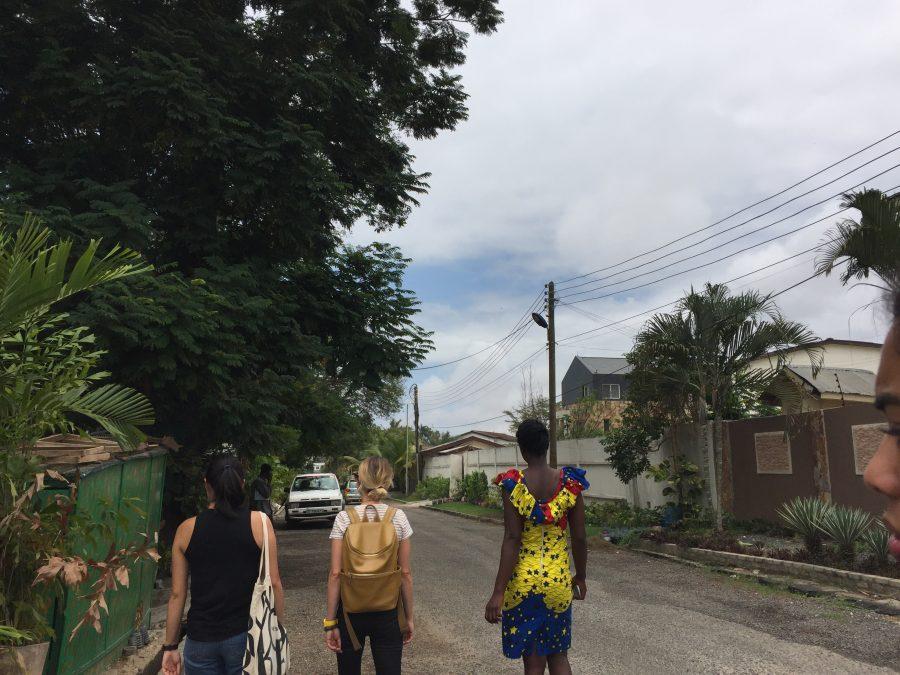The first thing people ask when I tell them I’m studying abroad in Accra is, “where is that?” Then they ask, “what’s there to actually do in Ghana?”
It’s a fair question. When most people think of Ghana, they may imagine a very rural way of life with families housed in huts, living among tribes and walking miles just for water. While this is life for some Ghanaians, Accra is truthfully a bustling, growing city that feels alive at all hours and can be an exhilarating place for students.
All of my classes start after noon, so my mornings are generally lazy. I wake up whenever I want (though I usually aim for 9 a.m., for my own sanity), and either make breakfast or walk to the cafe nearby for some coffee. NYU Accra is unique in that basic groceries and dinners are provided for students by the university, so my breakfasts usually consist of toast, eggs or —if I’ve woken up obscenely late— leftovers from the night before.
On the days where I don’t function as a real adult and wake up late, I’ll reheat my dinner from the day before, which usually consists of rice, grilled vegetables in curry and some sort of meat. If I’m lucky, I’ll eat jollof rice, a rice dish cooked in a tomato sauce. Ghanaian jollof rice is, of course, the supreme jollof of all the West African countries.
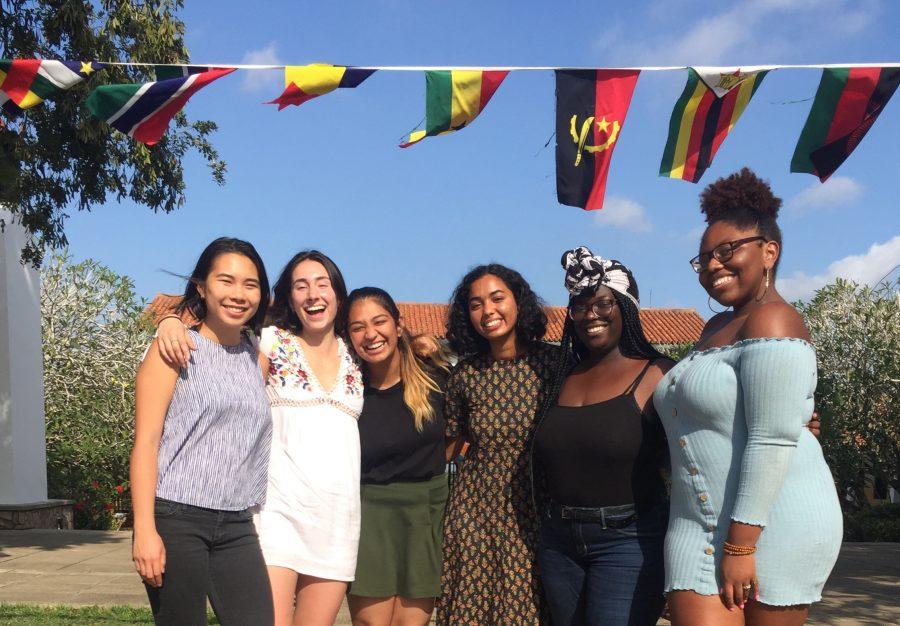
The academic center is just a 10-minute walk away from the residential compound and in the same neighborhood of Labone. When I have the time, I take the long way to school so I can enjoy the horticulture center teeming with every plant imaginable. I might also stop and visit the woman who sells food at a stand near the school to buy boiled peanuts.
On every walk I take, whether it is to the academic center or the currency exchange market down the street, I am usually greeted by strangers passing by. I had been told that Ghanaians are extremely friendly, but growing accustomed to the more community-based culture was one of the biggest adjustments I made when I arrived in August.
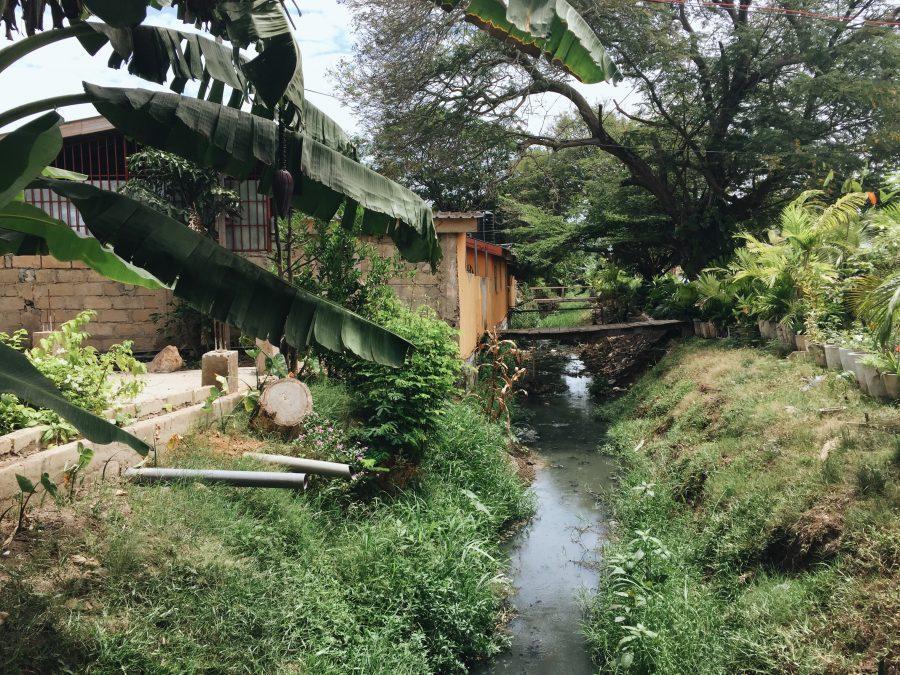
Our professors are also extremely well-versed in their area of study — they are all professors at the University of Ghana, one of the top universities on the entire continent, and they are always willing to stay after class to answer any questions or just chat.
Dinner is served buffet style at 6 p.m. every weekday evening. If I have time before, I usually head to the gym in the nearby neighborhood of Osu. There are six of us living in House One, and we sit together as a family to eat dinner. Some days, if there are Premier League or Champions League games going on that we want to watch, a few of us will stream it on the living room television. Otherwise, evenings are devoted to homework and winding down.
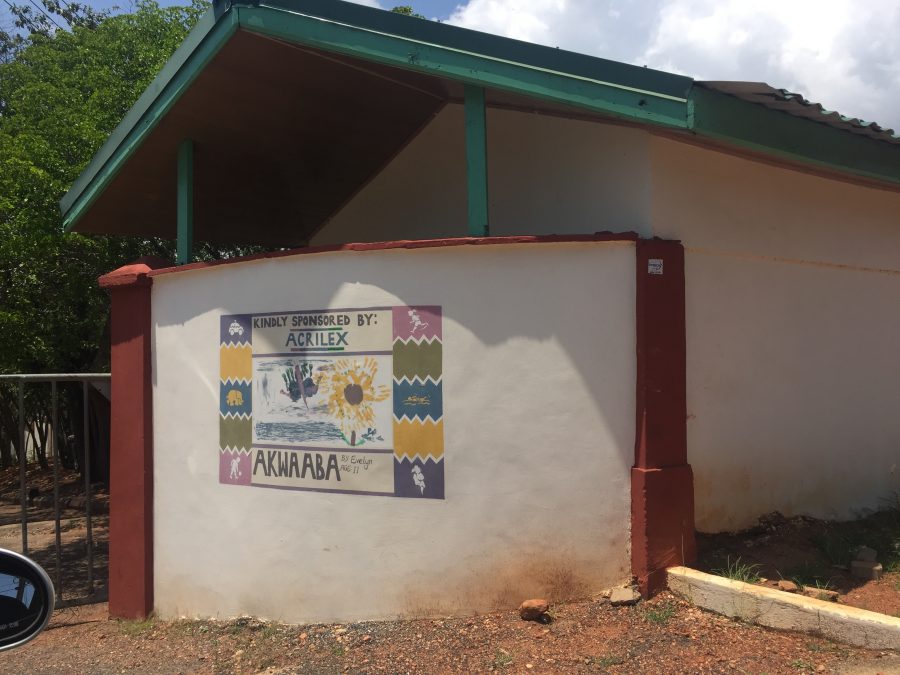
Having an internship or volunteering is relatively simple here. I volunteer at New Horizon Special School, a special needs school, twice a week. Different opportunities have helped each of us get to know Accra in a different way, as well as break out of the NYU bubble. Because there are so few of us, we find that our external activities provide the space we need to have time to ourselves.
Weekends are reserved for going out to local pubs and clubs as well as exploring different parts of the city. The cost of living in Ghana is nearly five times less than in the United States, which is good because we tend to eat out more on the weekends since food is not provided.
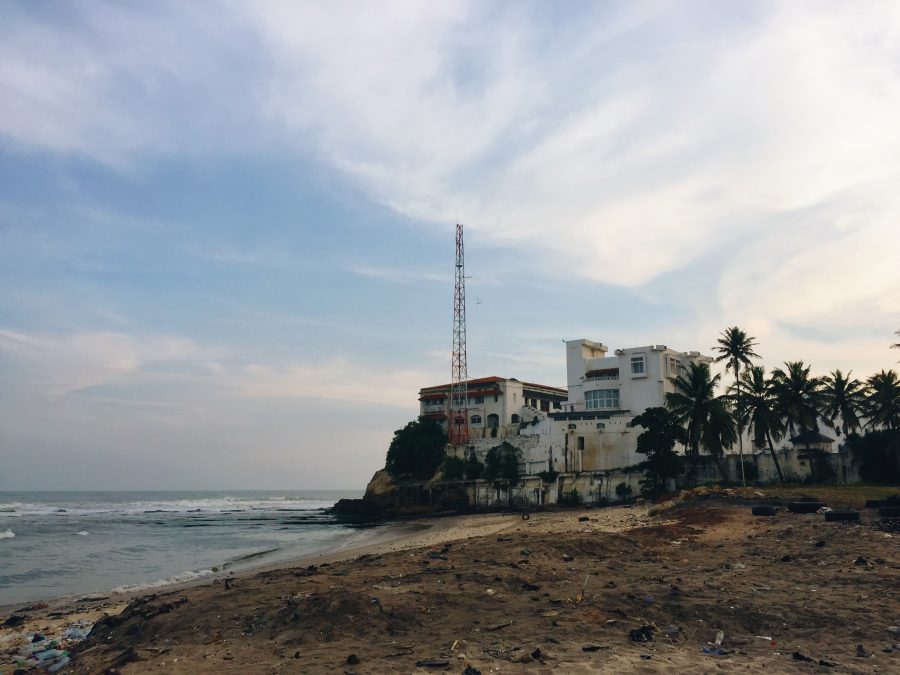
Our days sometimes feel as though they’re blending together. The pace in Accra is much slower than in New York, and we tend to have a routine: wake up, eat, go to class, come home, eat, do homework and go to bed. While the more mellow nature of Ghanaian culture was frustrating initially, we have come to appreciate having time to relax and truly focus on what we want to — even if that means focusing on this week’s Netflix special.
